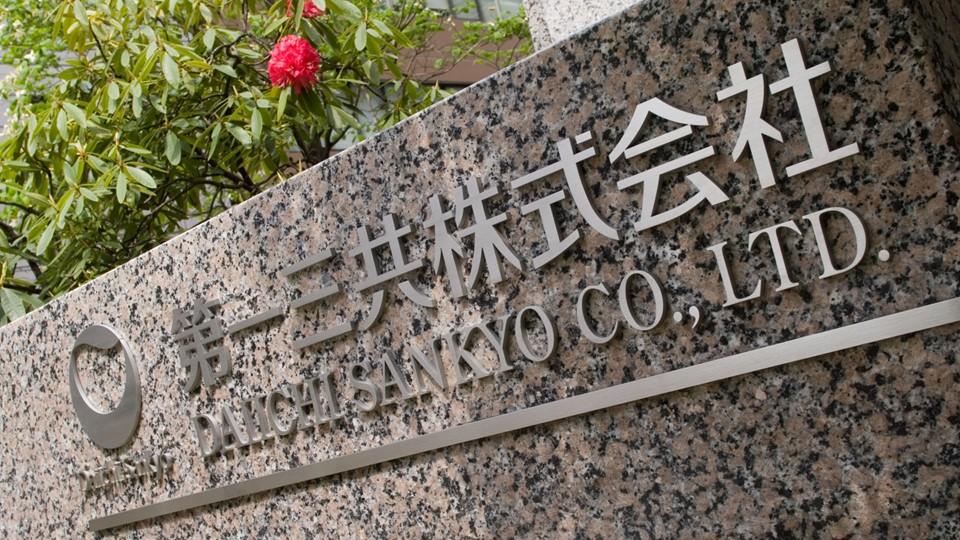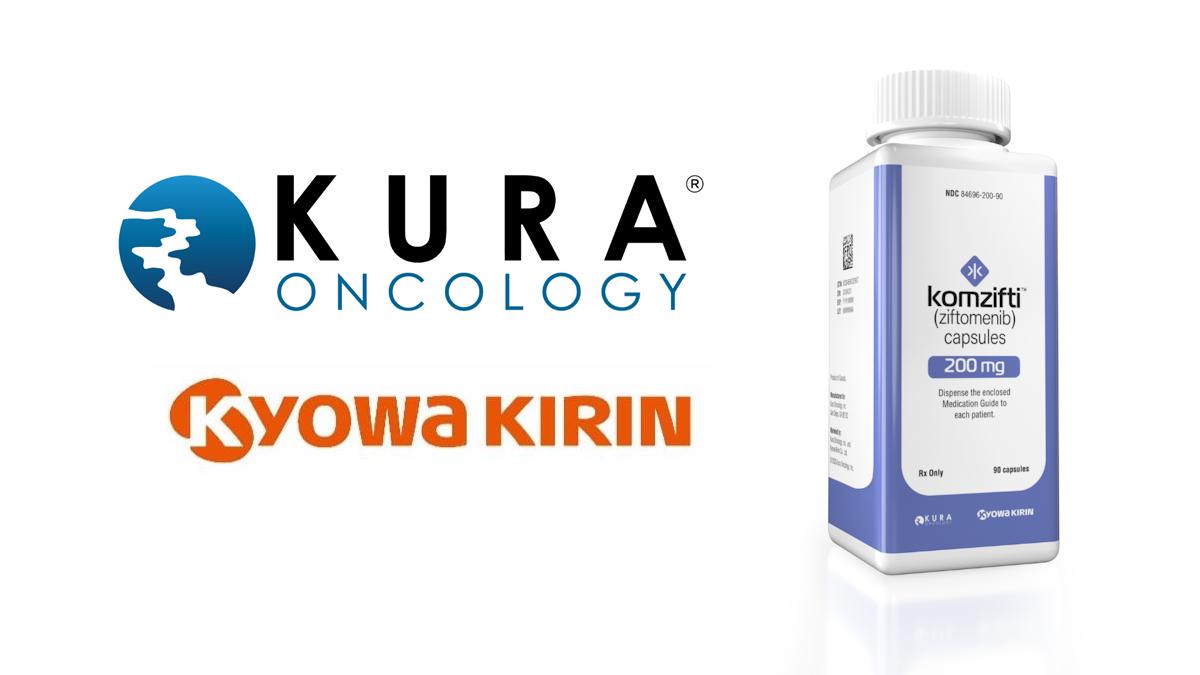FDA okays Daiichi Sankyo’s Vanflyta for first-line AML

Daiichi Sankyo’s Vanflyta has become the first drug in the US to be approved for newly-diagnosed acute myeloid leukaemia (AML) with FLT3-ITD mutations, nearly four years after being rejected by the FDA in its first filing.
The US regulator has approved the first-line use of Vanflyta (quizartinib) in combination with standard cytarabine/anthracycline induction therapy and cytarabine consolidation therapy for these patients, and as maintenance monotherapy thereafter.
Daiichi Sankyo says Vanflyta is now the first FLT3 inhibitor to be approved across the induction, consolidation, and maintenance phases of AML treatment, which gives it an edge over first-to-market Rydapt (midostaurin) from Novartis, as well as Astellas’ Xospata (gilteritinib).
Rydapt was approved by the FDA for first-line use in combination with induction and consolidation therapy in newly-diagnosed FLT3-positive AML patients in 2017, while Xospata was cleared a year later for second-line use in relapsed or refractory disease.
Astellas was also hoping to move its drug into the first-line setting, but failed to show improvement in survival in the phase 3 LACEWING study, which focused on patients ineligible for standard induction chemotherapy.
Around 25% of new AML cases carry the FLT3-ITD gene mutation, which is associated with an unfavourable prognosis, including increased risk of relapse and shorter overall survival.
The new approval was based on the QuANTUM-First trial, which showed that Vanflyta reduced the risk of death by 22% compared to chemo alone. While complete remission (CR) rates were similar between both arms of the trial, the median duration of CR was more than three times longer with Vanflyta, at 38.6 months compared to 12.4 months for the control group.
QuANTUM-First investigator Harry Erba of Duke Cancer Institute in the US said that Vanflyta “will be a much-needed new treatment option that has potential to change the way FLT3-ITD positive AML is treated.”
Vanflyta has also been approved in Japan for the first-line and maintenance therapy indication, as well as for second-line use in relapsed and refractory cases based on the results of the QuANTUM-R trial, which showed it was superior to salvage chemo after first-line treatment, with a median overall survival of 6.2 months and 4.7 months, respectively.
Daiichi Sankyo previously filed for US approval of the drug based on the QuANTUM-R data, but that application was rejected by the FDA in 2019 on safety concerns. Quizartinib is not approved in the EU, however, it is currently under review for newly diagnosed AML.
The safety issues haven’t entirely gone away in the US, as Vanflyta has been approved by the FDA with a boxed warning for heart rhythm side effects, including QT prolongation, torsades de pointes, and cardiac arrest, and can only be supplied under the terms of a Risk Evaluation and Mitigation Strategy (REMS) programme.
Daiichi Sankyo said it plans to launch Vanflyta in the next few weeks and has set a price of $546 per tablet for the once-daily drug.













